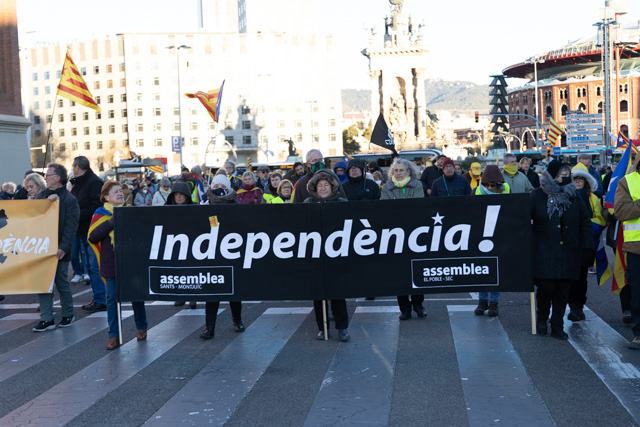My plane was to leave from Khartoum at just five minutes after South Sudan was to officially gain its independence. This had a personal sort of symbolism with the way my life has become so caught up with the evolution of Sudan in recent years. Unfortunately, the plane was delayed by almost 45 minutes. I hope that was not symbolic also.
Like so many of the things that colonialist Britain came up with, tying the North and South together was a daft idea. For decades, they had been run as two completely separate colonies, with northerners and southerners kept apart as much as possible. Then, at the 11th hour – Juba Conference 1947 – some smart-arse politician (British) had the cunning idea of throwing the two countries in together and seeing what would happen.
The rest, as they say, is history.
So it is great that the South has finally gained independence from the North, and I wish the countries (both the North and the South) well in their future endeavours. I have never before found a country that is quite so captivating, quite so enchanting, quite so endearing as Sudan. Both the Norh and the South.
But signing a document declaring secession was the easy part. The greatest challenges, for both the North and the South, lie ahead.
For the impoverished South, the challenge, of course, is how do you build a new nation state from scratch. I’m sure that the United Nations, which is considering launching a peace-keeping mission in the South, will do everything they possibly can to try and screw the process up.
The South needs lots of aid – proper aid that really helps, not artificial aid that makes do-gooders feel better about themselves and enriches those who work for them.
The South needs hospitals, schools, proper institutions. It badly needs democracy. Let’s not forget that the South is essentially a one-party state and, not wanting to pre-judge future democratic elections, does have some autocratic tendencies. Power rests with a small educated elite. In the countryside, squabbling tribal leaders jostle for power and influence, often resorting to violence to achieve their aims. The world should not forget what has happened to other newly-born countries in Africa, and not assume that members of the SPLM, most of whom fought in the country’s civil war, are above clinging to power in the same way that President Omar al-Bashir has done in the North.
North Sudan faces its own problems, which have not been fully appreciated by those living there. It will take some time for the political, economic and psychological effects of losing the South to be felt. But the impact will be great. A recent article in the Citizen – a South-leaning newspaper – suggests that the North will lose 20% of its population, 25% of its territory and 35% of its financial resources.
It is this last loss that is likely to cause the greatest pain, and I fail to see how, in the short term at least, Khartoum can replenish this lost income. They have taken some steps to do so – the other week Bashir was over in Beijing, seeking new investment – but such steps have become too slow in coming.
The psychological damage of losing a quarter of the country will also be big. There are many, many northerners that believed in the slogan that the National People’s Congress (NPC) kept trotting out: “Unity in diversity”. And the failure of this policy to be realised is starting to smart.
As the effects of the South’s independence start to be felt in Khartoum, it is Bashir that will suffer. Already, members of his party are privately holding him responsible for giving up the South too easily. No one really wanted a return to war, but there is a belief that Khartoum should have had the resources at its disposal to properly control its vast and diverse land. To be bullied into submission by foreigners, let alone America, is too much for many in the NPC to take.
And the party is starting to fracture. I was asked at a party the other day how I saw things playing out in Sudan. I think it is extremely unlikely that there will be a revolution Arab Spring-style. There were some murmurings at the beginning of the year, but a few clumsily-wielded police batons put this to rest. The reasons that there will not be an Arab Spring revolution in North Sudan are complicated and worthy of a separate blog entry. One key reason is the lack of a significant middle class, which led the revolutions elsewhere, but this is not the only story.
The revolution, therefore, will not come from the people. It will come from within the NCP.
Yesterday, from the roof of the place I have been staying, I watched an admirably-long procession of cars, waving the Sudanese flag, amble past, honking their horns and making one hell of a racket Sudanese-style.
These were northerners showing solidarity with the South and sharing in the celebrations. I wonder how long it takes for such feelings of celebrations to turn into a sense of tragedy, loss and introspection.
